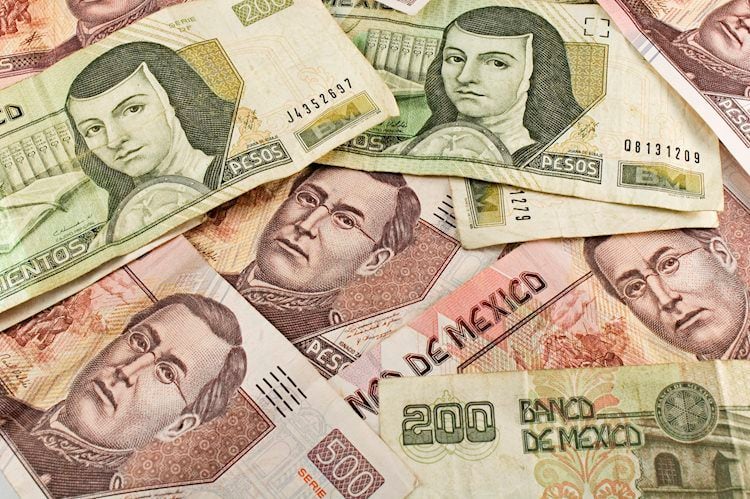European stock markets closed more than 1% lower on Friday, affected by yesterday’s big sell-off on Wall Street.
In particular, the pan-European Stoxx 600 closed with losses of 1.91% at 429.91 points, with the retail sector slipping 2%, as almost all sectors closed in negative territory. The oil and gas sector strengthened by 0.7%. At the same time, the other pan-European Stoxx 50 lost 1.82% to 3,629.17 points.
On the rest of the board, the German DAX closed at 13,674.29 points with losses of 1.64%, the British FTSE 100 the French lost 1.58% to 7,384.60 points CAC-40 fell 1.73% to 6,258.36 points.
A similar picture prevailed in the periphery, with the Spanish IBEX-35 to lose 1.34% to 8,322 points and the Italian FTSE MIB to move down by 1.20% to 23,475.72 points.
Yesterday, the stock market indices of the American market recorded their worst day since 2020, erasing with the above the strong gains of the session that had preceded after the Powell announcements.
In particular, the Dow Jones lost 3.1%, the S&P 500 3.5% and the Nasdaq 5%, as after the initial relief from the intention shown by the Fed not to adopt a more aggressive policy, fears seemed to return. recession brought about by the successive – albeit milder – interest rate hikes planned by the federal bank.
As Deutsche Bank’s analyst Jim Reed points out, market or economic concerns at the time of the fight against inflation “.
Monetary policy remains a key player in the market climate. International bond yields have risen in recent weeks as investors react to interest rate hikes by the Fed and the Bank of England. The European Central Bank has not yet followed through with its own interest rate hikes, but an increase in the summer seems likely.
Olli Rehn, a member of the ECB and governor of the Bank of Finland, told CNBC on Friday that market turmoil could be attributed to the “pervasive uncertainty” that overshadows the economic outlook.
Rehn, for his part, called for interest rates to rise by 25 basis points at the next ECB meeting, in order to avoid consolidating inflation expectations.
At the macro of the day, house prices in the UK increased for the tenth consecutive month in April, although growth slowed slightly after a 15-year high in March, according to Halifax data. House prices rose 1.1% month-on-month, up from 1.5% in March and 10.8% higher in April year-on-year, slightly below the 11.2% peak in February. and which was the largest annual increase since June 2007.
Alongside, German industrial production declined sharply in March due to intensification of supply chain problems and higher input prices. Total industrial production fell 3.9% in March from a month earlier on a calendar-adjusted basis, according to Destatis. Economists expected a 1% drop.
Source: Capital
I am Sophia william, author of World Stock Market. I have a degree in journalism from the University of Missouri and I have worked as a reporter for several news websites. I have a passion for writing and informing people about the latest news and events happening in the world. I strive to be accurate and unbiased in my reporting, and I hope to provide readers with valuable information that they can use to make informed decisions.






